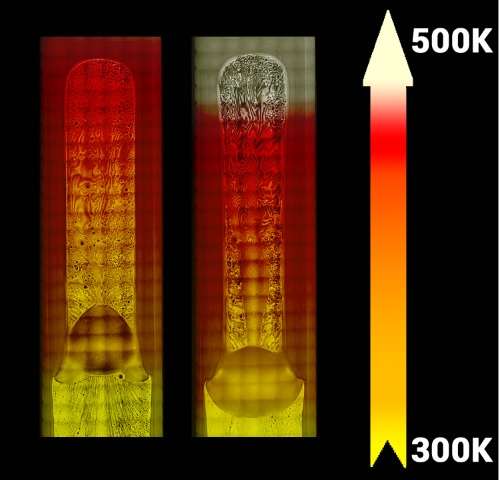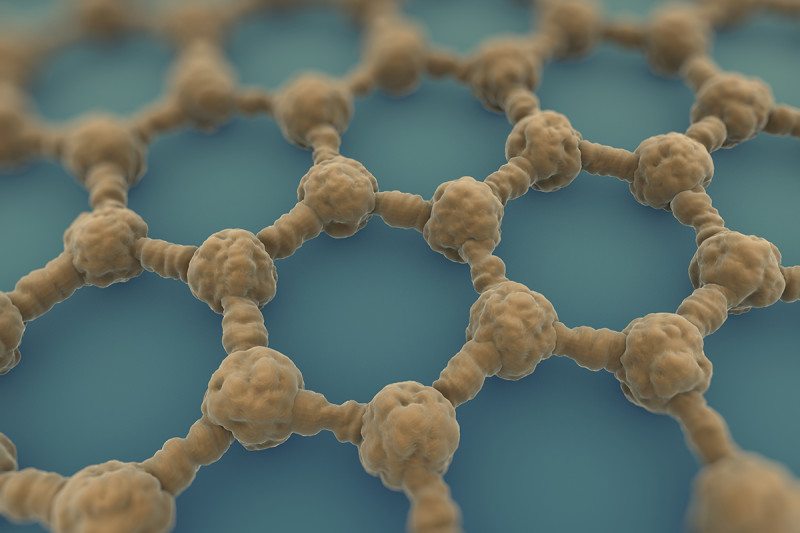Due to the microgravity environment onboard the International Space Station (ISS) things don’t happen quite the same as they do down here on Earth. Down here, when we boil liquids, they evaporate and then become a vapor until cool enough to condense again. But up there things are a little different.
Astronauts onboard the ISS discovered that even when the temperature was 160 Kelvin above the substance’s usual boiling point, the vapor still condensed into a liquid, mystifying scientists all over the world. On Earth, we have gravity to thank for causing parts of liquids to sink while the hotter parts rise, warm the liquid as it occurs. This is called convection. But convection doesn’t happen onboard the ISS and any other microgravity environment.
In order to overcome this problem, heat pipes have been installed on the ISS that transfer heat from one place to another without the need for a mechanical pump. The way they work is by containing a small amount of liquid that evaporates from a hot surface, then transforms back to a liquid when it interacts with a cooler surface and thereby redistributing the heat. The process is an indefinite one as when its back to a liquid state it heads back to the hot surface where the cycle starts all over again.

Well, that’s what would normally happen anyway. But onboard the ISS, researchers from the Rensselaer Polytechnic Institute and NASA’s Glenn Research Center have shown it’s a different story. Up there, the vapor doesn’t behave as you would imagine. Instead, it continues to condense at the heated end which proves to be a bit of a problem for the future of engineering systems. “Traditional heat pipes are divided into three zones: evaporation at the heated end, condensation at the cooled end, and intermediate or adiabatic in between,” wrote the researchers in Physical Review Letters.
During an experiment onboard the ISS that involved using pentane in a heat pipe, researchers found that as the heat input to the surface increased, so did the amount of condensation. “The hotter the surface, the more vapor was condensed onto it,” explained the researchers. The hot end of the pipe was described as being “flooded with superheated liquid,” which the team guessed had something to do with the Marangoni effect. You end up with a cooler liquid with higher tension that pulls hotter liquid towards it.
Lisa Zyga from Phys.org explained, “In the end, the effect produces Marangoni-driven flows – one from the heated end to the cooled end, and another from the center of the pipe to its edges. These flows occur even in the hot ‘evaporation zone’ of the pipe, and they generate instability in the liquid layer that reinforces the condensation.” The team will now continue investigating their Marangoni hypothesis is microgravity by carrying out a number of similar experiments.
Related Links;
- Keeping Cool With Heat Pipes on the Space Station / NASA
- Condensation on Highly Superheated Surfaces: Unstable Thin Films in a Wickless Heat Pipe / American Physical Society
More News to Read











